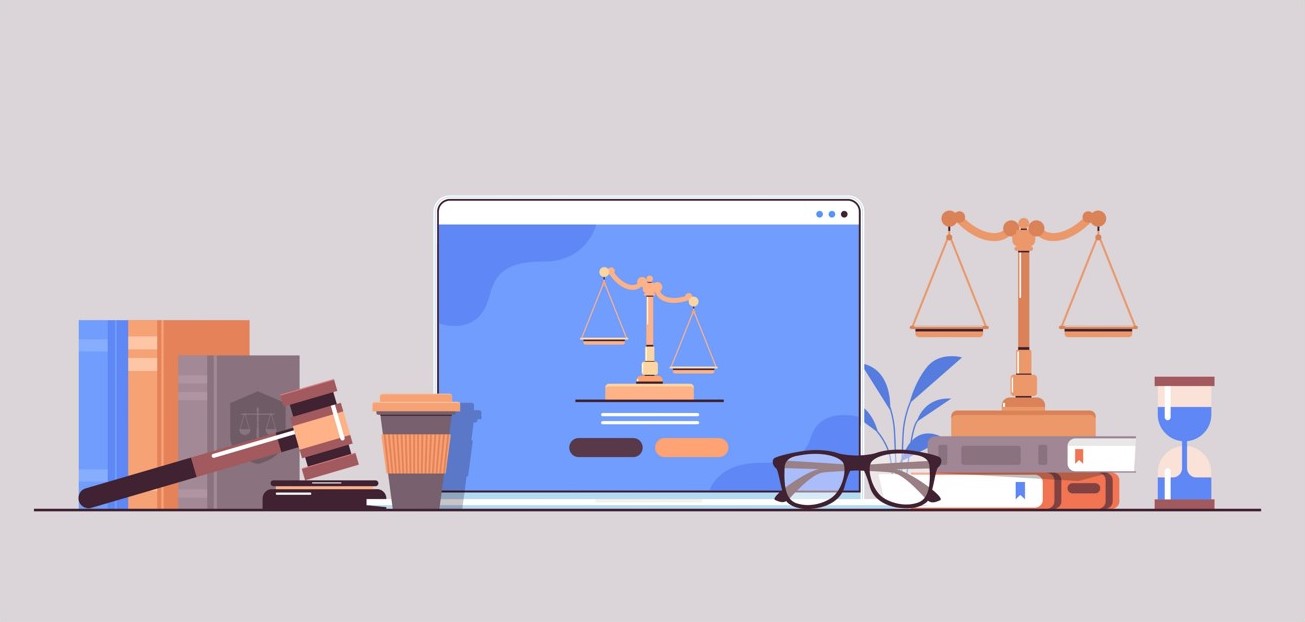By Arthur Chan
Hong Kong, 7 July 2022: A notable consequence of the Covid-19 pandemic is that the world has embraced digital technology at an even faster pace than before. Video conferencing, remote working and online learning have become the new normal for many people.
This phenomenon is extending – belatedly, some may argue – to Hong Kong’s legal system. After enduring irregular court closures since the beginning of 2020, exacerbating a backlog of cases and compromising timely access to justice, the Judiciary is taking positive steps to implement digital solutions in our courts.
Since April 2020, courts have conducted more than 1,000 remote hearings as part of civil cases. However, a three-month public consultation is now underway for the Courts (Remote Hearing) Bill which, if passed, would allow the use of remote hearings for some criminal cases. As well, it proposes extending such arrangements to the Competition Tribunal, Labour Tribunal, Small Claims Tribunal and Coroner’s Court, among others. Further, the Bill introduces new offences regarding the unauthorised recording of hearings.
Many legal professionals have long argued that Hong Kong lags behind other jurisdictions where telepresence solutions have been used in the courts for many years. BC&C’s Senior Partner Colin Cohen highlighted this issue in an opinion piece published in March 2020 before my colleagues Allison Lee and Claire Chow underscored in an article some three months later how Hong Kong was being forced to play catchup in this fast-evolving field.
At present, there are legal impediments that prevent most criminal cases from being heard remotely. While there are no obvious legal obstacles regarding civil proceedings, there remains a glaring absence of express provisions setting out how a remote hearing should be handled.
As the consultation paper explains, the Bill seeks to provide a comprehensive legal framework concerning the application, operation and effect of remote hearings. It provides a clear legal basis for judges and judicial officers to order remote hearings at various levels of courts and tribunals, with all factors considered, while acknowledging the overriding needs for open justice and fair hearings. Major features of the Bill include:
- Details of the making of a remote hearing order;
- Operation and legal effect of remote hearings;
- Safeguards for open justice.
The Judiciary says it is planning an incremental approach by excluding certain proceedings, such as criminal trials, from the application of the Bill at its initial stage. Among the types of hearings omitted from the first phase will be death inquests and jury trials.
Further, the Bill proposes certain parts of criminal cases should always take place in person: when a defendant appears before a magistrate for the first time; or when the accused is required to make a plea, hear the verdict or receive their sentence.
For the avoidance of doubt, the consultation paper states physical hearings should remain the courts’ “default mode”. The court will allow a remote hearing “only if it is fair and just to do so” and taking into account relevant considerations, including the complexity and urgency of the proceedings and the views of the parties.
Part 5 of the Bill concerns new offences and penalties created to safeguard the integrity of both physical and remote hearings. The paper acknowledges that remote hearings in particular may be susceptible to unauthorised recording and publishing. To achieve a strong deterrent effect and maintain parity between both types of hearing, the Judiciary proposes the introduction of two new offences.
Anyone who records a hearing, in either audio or visual (photographic or video) format, without permission would face a maximum fine of HK$50,000 and imprisonment of up to six months. A person who publishes such recordings – whether live-streaming or post-event – would be liable to a maximum fine of HK$100,000 and a jail term of up to five years. The paper points out that note-taking is presently permitted and will continue to be allowed.
In summary, the Courts (Remote Hearing) Bill is a welcome – if overdue – piece of legislation which introduces sensible and practical alternatives to physical hearings. The measures are not only efficient and cost-effective, the overall result is enhanced access to justice.
Arthur Chan has been an Associate with BC&C since 2018. He deals with Criminal Matters while also covering Civil and Commercial Litigation and handles cases involving personal injury and employment issues. He can be contacted at Arthur@boasecohencollins.com.



